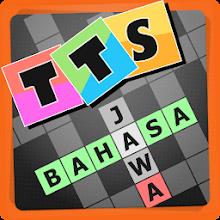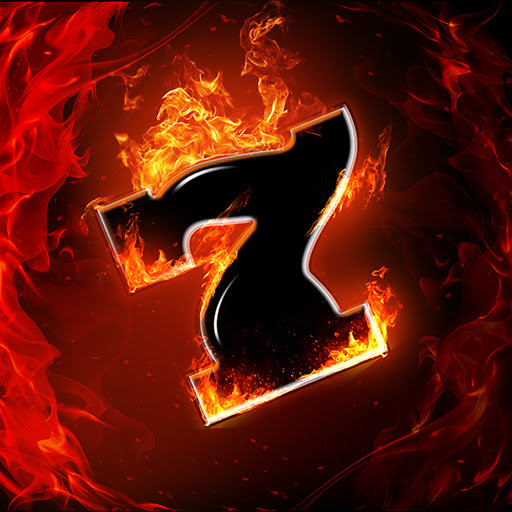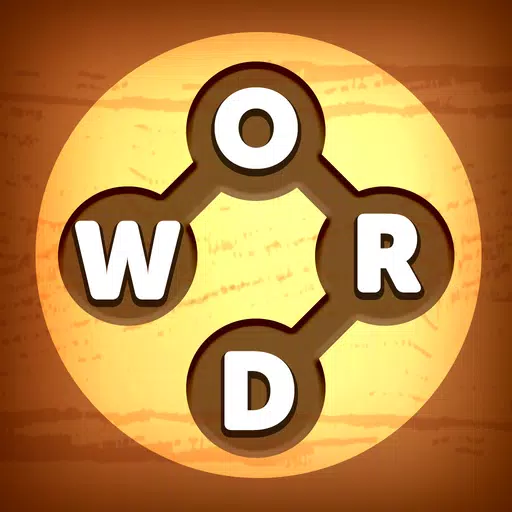Following the successful cinematic adaptation of Uncharted and the critically acclaimed HBO series, The Last of Us, Sony's announcement of a Horizon Zero Dawn movie was highly anticipated. PlayStation Studios and Columbia Pictures have officially confirmed the project, promising a faithful portrayal of Aloy's origins and the game's captivating, machine-populated world. While still in its early stages, this film has the potential to be Sony's first major video game box office triumph—provided it stays true to the source material.
Recent years have witnessed a surge in successful video game adaptations across various platforms. The Super Mario Bros. and Sonic movies exemplify this success, achieving both critical acclaim and significant box office revenue. On television, Sony's The Last of Us, alongside Netflix's Arcane and Amazon Prime's Fallout, have garnered immense fan appreciation. Even adaptations with mixed reviews have proven commercially successful, as evidenced by the Uncharted movie's impressive $400 million gross.
However, challenges remain. While the "video game curse" has largely been dispelled, some adaptations still fall short. Uncharted, despite its box office success, deviated significantly from the games. Similarly, Borderlands and Amazon's Like a Dragon: Yakuza series underperformed critically and financially, failing to capture the essence of their source material. These failures highlight a broader issue with adaptations—a tendency to stray too far from the original narratives and tones. Netflix's The Witcher serves as another example, altering significant plot points and character arcs. While adaptations necessitate adjustments, these instances demonstrate a complete departure from the original works, potentially alienating dedicated fans and jeopardizing the project's overall success.
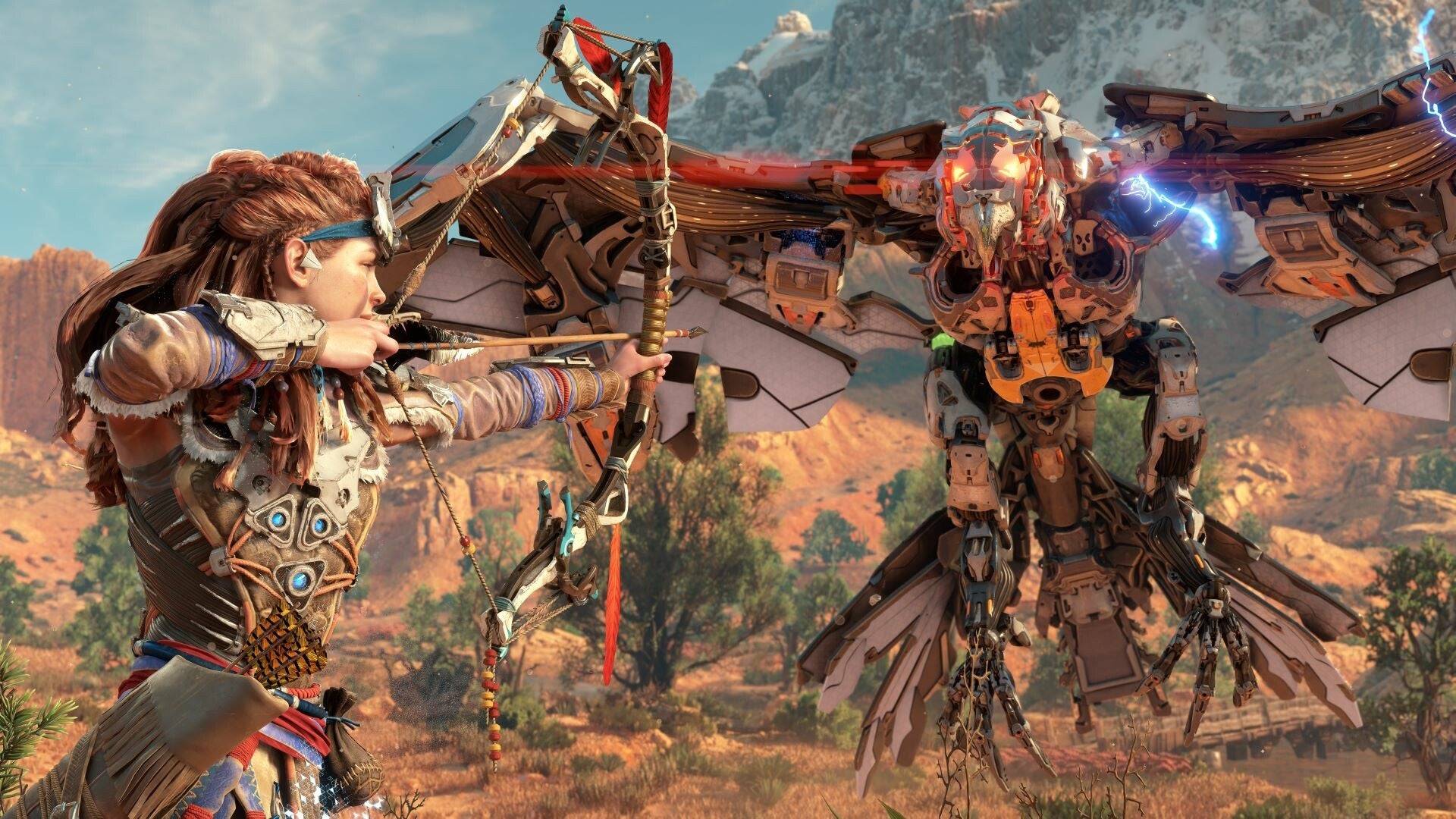
The success of The Last of Us, Arcane, and Fallout demonstrates the importance of faithfulness to the source material. These adaptations resonated with audiences due to their accurate portrayal of the original games' visuals, tone, and narratives. While The Last of Us introduced new storylines, it maintained the core narrative structure, appealing to both existing fans and newcomers. Similarly, a faithful adaptation of Horizon could replicate this success.
Horizon Zero Dawn's narrative excellence is undeniable, having received prestigious awards for its compelling story. Set in a post-apocalyptic 31st-century North America, the game follows Aloy's journey of self-discovery and her connection to the old-world scientist, Elisabet Sobeck. Aloy's character, along with her allies Erend and Varl, forms a compelling core, while the game's exploration of climate change and the rogue AI, Hades, adds depth and intrigue. The mysterious Sylens further enhances the narrative complexity.
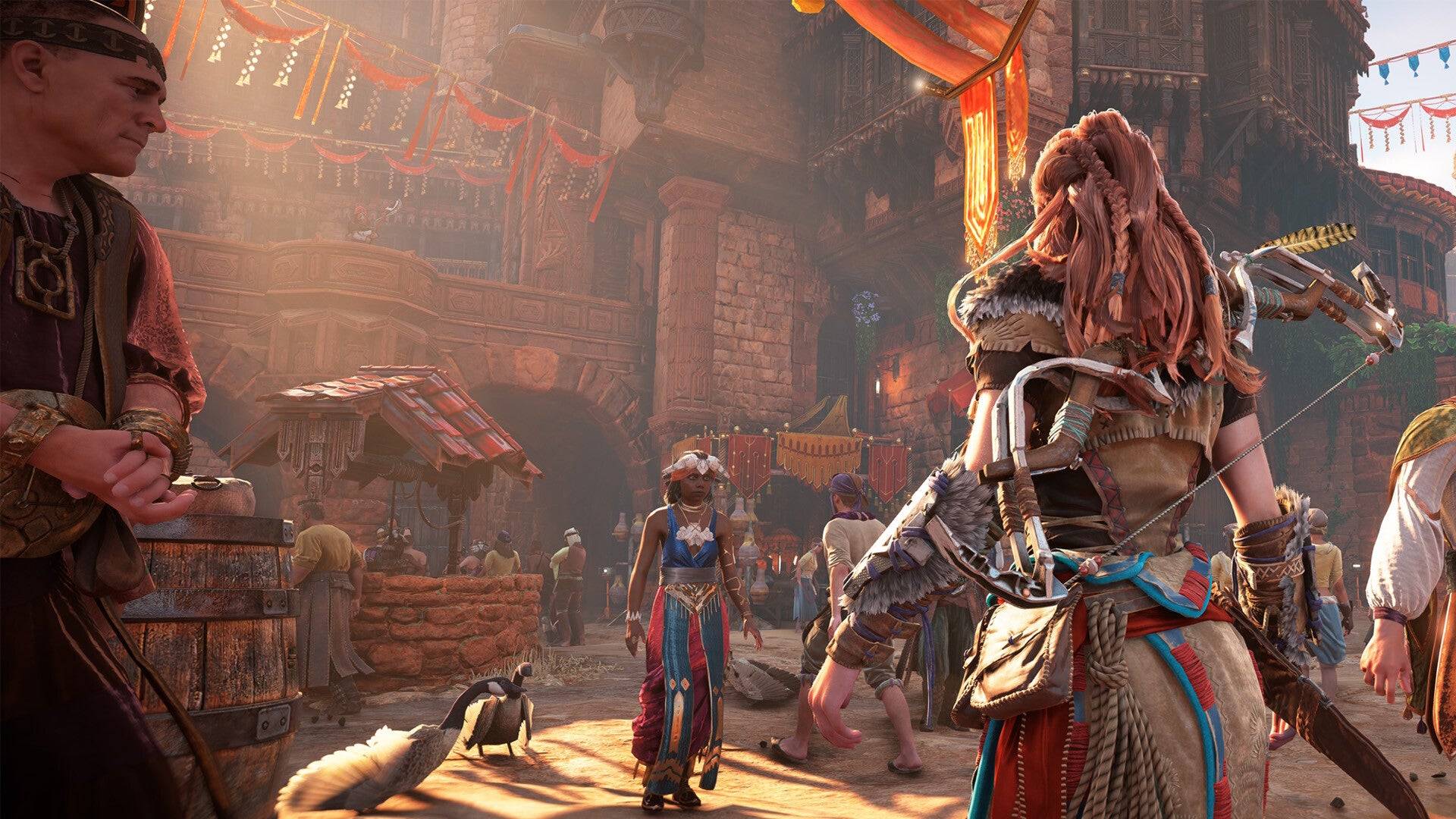
Horizon's compelling narrative, unique world, and cinematic aesthetic position it for significant success. The expansive story of Forbidden West further strengthens the franchise's potential for a long-term cinematic adaptation. By remaining faithful to the source material, Sony can create a film franchise that mirrors the success of the games. Conversely, deviating from the established narrative could lead to negative fan reception and financial setbacks. The success of the Horizon film hinges on respecting the elements that made the game a global phenomenon. This approach could set a precedent for future PlayStation adaptations, including Ghost of Tsushima and Helldivers 2.
AnswerSee Results


